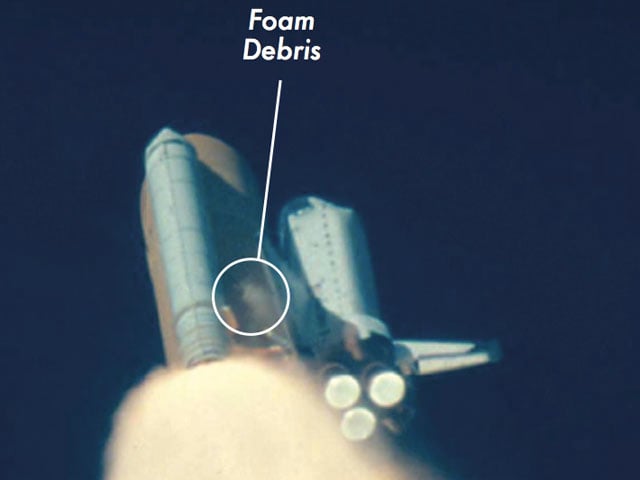Apparently they test fired the recovered stage last night, as they prepare for tomorrow’s Vandenberg launch:
Elon Musk, the chief executive of SpaceX, confirmed in tweets that the company had just conducted a static test firing of the Falcon 9 first stage. “Data looks good overall, but engine 9 showed thrust fluctuations,” he wrote.
The engine in question, he said, is an “outer engine” on a ring of eight that surround a center engine. Musk suggested “debris ingestion” might be the cause of the thrust fluctuations, with more study of the engine planned.
It will be interesting to see if they have a similar problem on tomorrow’s recovered stage (assuming they succeed, of course), or if it was an anomaly. But they’ll know more after they borescope it.
Also, this is the first I’d heard that they can’t do a land landing tomorrow due to paperwork issues. I think people had been saying it was performance. And it’s pretty silly to worry about the environment, considering all the other activity going on there.
[Update a while later]
SpaceX’s success launches space start ups to new heights.
It’s hard to overestimate the psychological impact of this sort of thing. Ultimately, it will be the death knell for pork projects like SLS.
[Update a few minutes later]
OK, I don’t understand this piece:
Landing on ship at sea offers a greater safety margin, especially as SpaceX ventures farther into space, said Scott Pace, director of the Space Policy Institute at George Washington University. “If you are coming back at higher speed, a small error can mean a large miss distance,” he said. “For safety purposes, you have a wider area to work with with a drone ship.”
A drone ship also offers SpaceX greater flexibility for landings, given the potential for land-based space ports to become crowded, he said. For Sunday’s launch, there’s another, even more practical consideration: SpaceX does not have a landing pad at Vandenberg. In the successful Dec. 21 rocket landing, SpaceX’s Falcon 9 booster came to rest less than 10 minutes after launch at a location about six miles south of the Cape Canaveral launch pad.
Does that make sense to anyone else? As far as I know, the only reason to land on a ship is because you don’t have the performance to come back to the launch site. And Koenigsmann himself said they weren’t coming to Vandenberg because they hadn’t completed environmental paperwork, not because they didn’t have a place to land.
